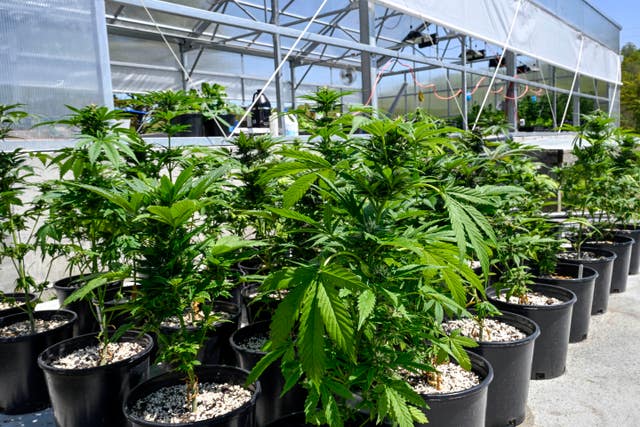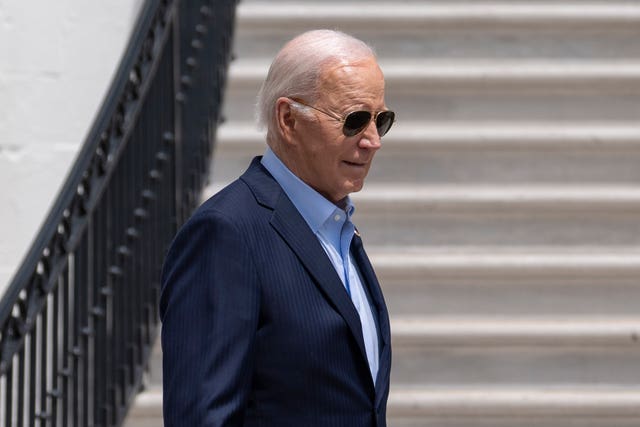
The US Drug Enforcement Administration (DEA) will move to reclassify marijuana as a less dangerous drug.
The proposal, which will still be reviewed by the White House Office of Management and Budget (OMB), would recognise the medical uses of cannabis and acknowledge it has less potential for abuse than some of the nation’s most dangerous drugs.
The move clears the last significant regulatory hurdle before the agency’s biggest policy change in more than 50 years can take effect.

However, it would not legalise marijuana outright for recreational use.
Once OMB signs off on the proposal, the DEA will take public comment on the plan to move marijuana from its current classification as a Schedule I drug alongside heroin and LSD.
It will move the drug to Schedule III, alongside ketamine and some anabolic steroids, following a recommendation from the federal Health and Human Services Department.
After the public comment period and a review by an administrative judge, the agency would eventually publish the final rule.
“Today, the attorney general circulated a proposal to reclassify marijuana from Schedule I to Schedule III,” Justice Department director of public affairs Xochitl Hinojosa said in a statement. The DEA is a component of the Department of Justice.
“Once published by the Federal Register, it will initiate a formal rulemaking process as prescribed by Congress in the Controlled Substances Act,” Ms Hinojosa added.
Attorney general Merrick Garland’s signature throws the full weight of the Justice Department behind the move and appears to signal its importance to the Biden administration.
It comes after US President Joe Biden called for a review of federal marijuana law in October 2022 and moved to pardon thousands of Americans convicted federally of simple possession of the drug.

He has also called on governors and local leaders to take similar steps to erase marijuana convictions.
“Criminal records for marijuana use and possession have imposed needless barriers to employment, housing, and educational opportunities,” Mr Biden said in December.
“Too many lives have been upended because of our failed approach to marijuana. It’s time that we right these wrongs.”
The election-year announcement could help Mr Biden boost flagging support, particularly among younger voters.
A Gallup poll last fall found that 70% of adults support legalisation, the highest level yet recorded by the polling firm and more than double the roughly 30% who backed it in 2000.
The DEA did not respond to requests from the Associated Press for comment.


Comments: Our rules
We want our comments to be a lively and valuable part of our community - a place where readers can debate and engage with the most important local issues. The ability to comment on our stories is a privilege, not a right, however, and that privilege may be withdrawn if it is abused or misused.
Please report any comments that break our rules.
Read the rules hereLast Updated:
Report this comment Cancel